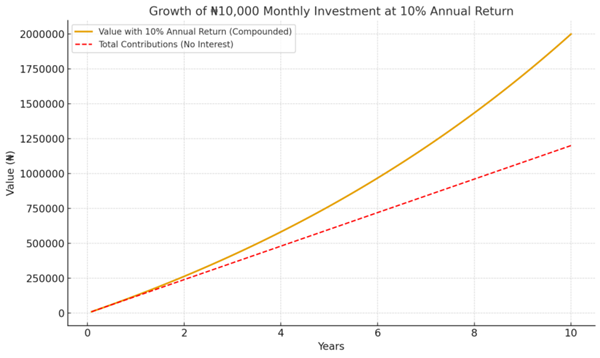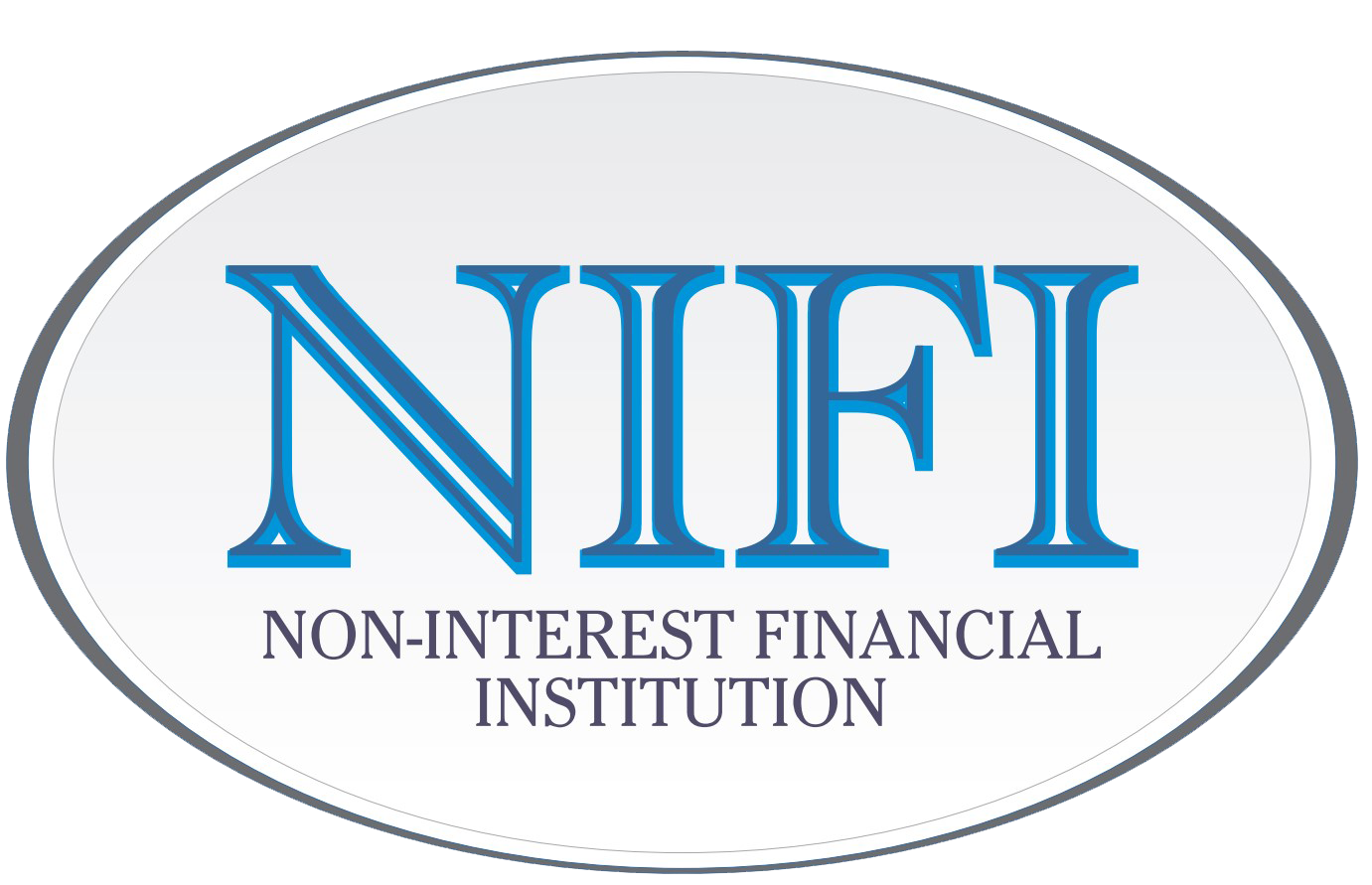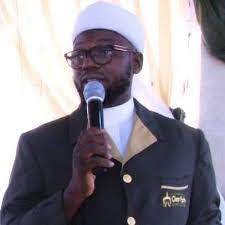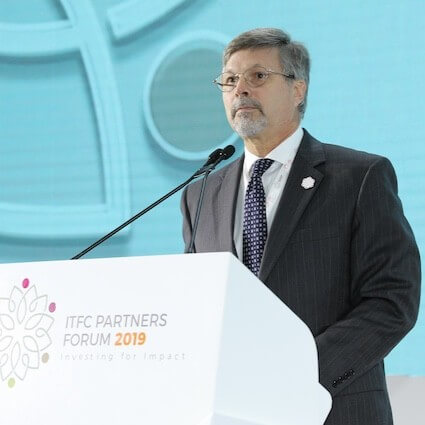If there was a contest for “Best in making new year resolutions”, we have a strong feeling that Nigerians would win it, but typically by February/March, most people have lost all motivation to push their resolutions through, and by September? The average person just wants to survive the rest of the year because “the year is almost over”; well, we don’t agree with the implications of the last thought.
Don’t get us wrong, we’re not unaware that 2025 hasn’t exactly been a walk in the park for most Nigerians. But here’s the thing, while the economy may seem unpredictable, your money habits don’t have to be; and these money habits can make a huge difference in how the year ends.
At The Alternative Bank, we believe that building wealth shouldn’t feel like a hustle. It should feel intentional, empowering, and yes, as stress-free as possible. So, whether you’re a salary earner, student, entrepreneur, or side-hustler, here are the smart money habits you need to adopt for the rest of 2025 and beyond to stay ahead.
1. Automate Your Savings, Then Forget About It
One of the biggest lessons most people will learn the hard way about saving is that manual savings often fail. Life happens, bills pile up, and that “I’ll save it later” moment never comes.
Instead of just leaving your savings journey to vibes, set up automated transfers into a savings or investment account. Even if it’s just ₦2,000 a week or a month, consistency beats intensity.
2. Track Every Kobo; Yes, Even the ₦10 Charges
Once you start saving, the next thing you want to do is track the flow of your money. Yes, even those ₦10 SMS alerts, ₦35 ATM fees, and ₦50 stamp duties, they all add up. Many Nigerians only realise after a year that they’ve paid thousands in “invisible” charges.
Use budgeting apps or your bank’s Billings Account to track every deduction. Transparency is the first step to control, so track your expenses and income. Your monthly bank statement comes in very handy here. You also don’t have to wait till your bank sends this to you to access it, you can always download it on the bank app.
3. Build an Emergency Fund Before the Emergency Comes
The next thing we recommend is that you start an emergency fund. Almost every adult learns very quickly that emergencies don’t send notices or special invites. Whether it’s a medical bill, car repair, or job loss, having at least 3 months’ worth of essential expenses saved can be the difference between peace of mind and panic. However, you can’t even know what your essential expenses cost monthly if you haven’t been tracking, so tracking is important. Have the figure you expend on monthly essentials in mind, then begin to save to build an emergency fund that can cover at least three months’ worth. You can start small. ₦5,000 a month is better than nothing. The key is to start.
4. Invest Early, Even If It’s Small
You knew we were going to get here, and it’s because investing is very important. It’s okay to have goals to invest huge sums of money, but you don’t need millions to start investing. In fact, starting with ₦10,000 a month in a fund that grows at 10% annually could give you over ₦3.8 million in 10 years.

The earlier you start, the more time your money has to grow.
Remember to diversify your portfolio, don’t put all your money into one type of investment. Spreading your investments helps manage risk and boost potential returns.
5. Avoid Get-Rich-Quick Traps
Do you remember the MMM saga? People lost thousands, some even lost millions with MMM. Although it got national attention, it still hasn’t been enough to deter some people from investing in Ponzi schemes and get-rich-quick schemes. If it sounds too good to be true (like 50% ROI in one month), it probably is. Don’t put your money in a scheme that promises the world but would disappear overnight.
Always ask; is the company registered with the SEC or CBN? Can I trace the asset or business model? What’s the worst-case scenario? If you can’t explain how the investment works in one sentence, ask questions, and don’t invest until you get logical and factual answers.
6. Hedge Against Inflation with Dollar Assets
Another smart money move you need in 2025 is to hedge against inflation. With the naira losing value almost every year, smart-money Nigerians are protecting their wealth by investing in dollar-denominated assets. That way, even if the naira falls, your money holds its value.
This is something you can do on the AltInvest app, if you need clarity, please visit the website or reach out to support so your questions can be answered, and you can start or grow your investments.
7. Reinvest Your Returns, Don’t Eat the Profit
One of the smartest money habits you can have? Reinvesting your gains. If your ₦50,000 grows to ₦60,000, don’t spend the ₦10,000. Reinvest it.
This is how compound growth works. Over time, your returns start generating their own returns. That’s how wealth is built; steadily.
8. Know Your Financial Personality
As important as all the other tips we’ve shared are, most of them hinge strongly on your financial personality and season. It’s important to know that not every money move is for everyone. Your financial habits should match your lifestyle. As a student, you may need to start small and focus on learning and consistency. For salary earners, automating savings and investments monthly may be the best way to go. Business owners would need to maintain some liquidity whilst still leaving room for diversification, and Diaspora Nigerians may need to hedge with dollar assets while investing locally for impact. Study yourself to know your Financial Personality, and even your seasons, because as your life seasons change, you may need to adjust your money habits and wealth growth strategy.
9. Build Credit, But Use It Wisely
Now to the elephant in the room; loans. We’ve heard different people express their thoughts and fears about credit, one business owner was even heard saying anything profits from her business cannot do for the business should wait. We admire the strength of conviction but we’re here to announce that credit isn’t the enemy. In fact, when used right, it can help you build wealth. You can use credit (loans) for business expansion, asset acquisition, emergency bridging (with a clear repayment plan), and so on. The Alternative Bank is proof that credit can be interest-free (yes, we know that the huge interest on the principal amount is part of the fear). We practice Ethical Banking, so this means that our loans are interest-free. You can learn more here or on the Alt Bank app.
Summarily, in a world of instant everything, choosing to wait; to save, to invest, to build, is a real flex. It’s how wealth is built: not overnight, but over time.
So, whether you’re just starting or already on your journey, remember you don’t have to do it alone. The tools, the support, and the community are available here.
The best part is that every tip shared here, from automating savings to investing intentionally, can be done easily and seamlessly on the Alt Bank app and with AltInvest, so download the Alt Bank app today and start building wealth the smart way.



